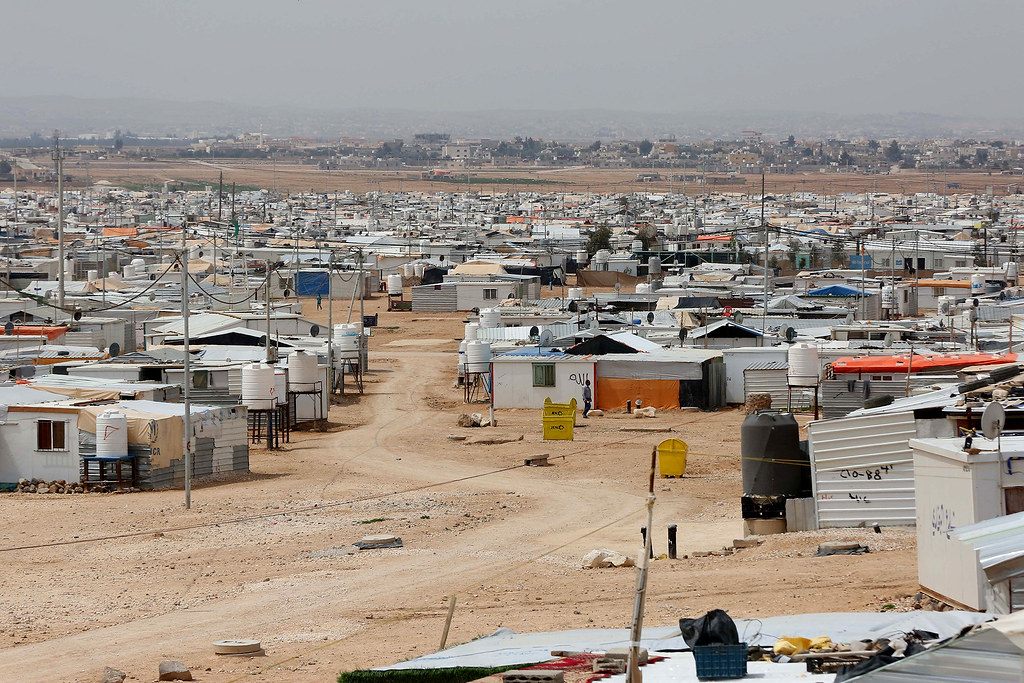Coronaviruses in humans are passed on from animals. In the case of the latest SARS-CoV-2 it is thought to have been derived from a bat-borne virus via an intermediary animal such as a pangolin, one of the most poached and trafficked mammals in the world. They are also threatened by heavy deforestation of their natural habitats. In a Guardian article John Vidal argues that environmental degradation brings more and more exotic species into direct contact with humans after the destruction of their natural habitats. The Ebola outbreak initially in 1976 in Zaire/DRC, having a mortality rate of up to 88% is a case in point of animal to human transmission that is likely a result of human destruction of biodiversity. He argues that it was ‘human activity, such as road building, mining, hunting and logging that triggered the Ebola epidemics…’ He refers to David Quammen’s article in the New York Times, who writes:
We invade tropical forests and other wild landscapes, which harbor so many species of animals and plants — and within those creatures, so many unknown viruses. We cut the trees; we kill the animals or cage them and send them to markets. We disrupt ecosystems, and we shake viruses loose from their natural hosts. When that happens, they need a new host. Often, we are it.
Human activity is what we study
My point here is that the current pandemic, and others that preceded it, and those that inevitably will follow it, are likely to be the result of human activity, not only in the origins of animal to human transference but also in its rapid human to human spread in a highly globalised world. That being the case, and the fact that we as social and behavioural scientists are interested in all that comprise human activity on a global scale, must surely be interested in this, and must surely be able to contribute in its understanding.
The best and the worst of international leadership
This pandemic has brought out the worst and the best of national and international leadership. US president Donald Trump has described it, in his inflammatory way, as the ‘Chinese virus’.
Leadership such as this may have contributed to incidents like the student from Singapore being beaten up in Oxford Street, London and told ‘I don’t want your coronavirus in my country’ (Wikipedia has published a list of racist incidents internationally related to the pandemic). UK prime minister Boris Johnson has been accused of putting politics before health in refusing to go into a EU consortium to bulk-buy ventilators.
The best of international leadership is represented by the levels of international cooperation among scientists and governments (sometimes) sharing information and research, as well as the lead taken by the World Health Organization. Yet also this has brought forth criticism of a lack of cultural and social understanding in regions such as sub-Saharan Africa.
Managing across diverse contexts
Alex Broadbent and Benjamin Smart argue that the approach taken by the World Health Organisation will not work in the highly populated townships of South Africa and other African countries. They maintain that
The World Health Organisation (WHO) website contains no technical guidance on how African governments should approach their considerably different contexts. The advice is the same globally, but the context is not.
Social distancing and hygiene may not be possible in many parts of Africa. They argue that even if social distancing will ‘flatten the curve’ in bringing the peak of the pandemic to a manageable level this may be irrelevant where access to healthcare is very limited. Without a huge overhaul of healthcare in Africa, flattening the curve will not make a different to the majority.
Reinforcing this message, Chema Vera, executive director of Oxfam, explains how the virus exploits the inequality between rich and poor nations: ‘Poor nations with weak health systems are drowning in debt, while rich nations are showing they can unlock trillions to build new hospitals and keep their economies alive.’ But it also exploits inequality within nations: ‘While the richest in countries across the globe are getting tested and treated fast, with healthcare and cash to get by, most of humanity face this crisis with neither.’ He goes on to warn that the virus is on the brink of entering refugee camps, predominantly in conflict zones. In the New York Times, Hannah Beech and Ben Hubbard write:
“If we think this is a big issue in the U.S. and Europe, we haven’t seen anything yet if Covid gets into the refugee population,” said Adam Coutts, a public health researcher at Cambridge University. “People can’t even wash their kids, let alone wash their hands.”

So, what has this got to do with cross-cultural management scholars? I would say, nothing if you are content with reproducing cross-national cultural value studies and using Hofstede or GLOBE dimensions as independent variables. If you are interested in addressing real life issues in a critical way, and maybe make a difference, read on.
Scholarly communication in times of crisis
Firstly a word on scholarly communication. It takes, say, a year to get funding for research, a year to do research and pen a scholarly article, and then another year to get it published (I know, these are very optimistic estimates). This is a crisis situation, and three years will not cut it. This brings into stark relief the problem with scholarly production and communication. There needs to be a quicker way! Blogging, self-epublishing and social media will not directly help your academic career, but it may help address real issues in real time. The main social science publishers have responded by making relevant articles open access. But I’m still not sure that social and behavioural science publishing could be as responsive to real time issues as medical journals such as The Lancet.
Teasing out the issues
From the discussion above, there are a number of issues around the lead-up to this crisis, the crisis management itself, its aftermath and implications, and the development of a critical, relevant cross-cultural management scholarship that can contribute to such real life issues.
- The cultural issues in the processes leading to the possible reasons for the virus and similar pandemics (cross-cultural environmental management, management of the informal economy, wet markets). Much of this involves understanding indigenous knowledge, its interaction with western knowledge and our understanding of the management of natural and environmental resources. It also involves an understanding of global and local power relations. There is a body of literature on cross-cultural environmental management (see Stephenson and Moller’s 2009 introduction for example), which I will be examining in my next post.
- Globalisation and the cultural issues in the management of worldwide infection. Critical cross-cultural management scholarship has a lot to say about globalisation, the way it works, the power relations it involves. We also have much to say about international leadership, the organisation and management of international operations including those of NGOs, and we have a strong voice in the area of expatriation/migrants and the movement of individuals across the globe. There is a view that this pandemic will reshape the world. I will bring these issues together in a further blog post.
- Cross-cultural management of the pandemic across different nations, societies and marginalised societies and groups (African townships, refugee camps). How can we help in developing knowledge on the international management of this crisis, and getting help to the people who need it. There is literature on the cross-cultural management of international development and international NGOs, as well as the cross-cultural management of food security that might help. The management of international supply chains is a further area of cross-cultural study that could contribute. I will explore these issues in a forthcoming post.
- Developing scholarship capable of asking relevant questions and addressing real-life issues. If we can’t address these issues that are happening to human society right now, then cross-cultural management scholarship is not fit for purpose. We’ll see!
Please look for updates to this post as well as forthcoming posts on the areas outlined above. I would really appreciates your comments, suggestions and contributions.
©Terence Jackson 2020

